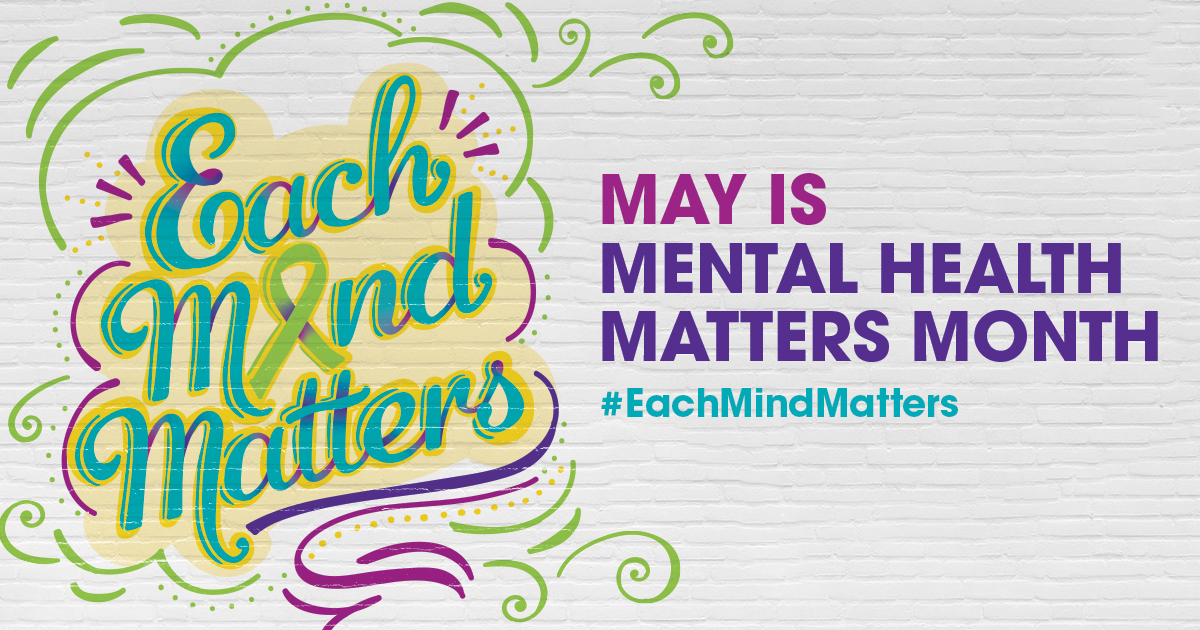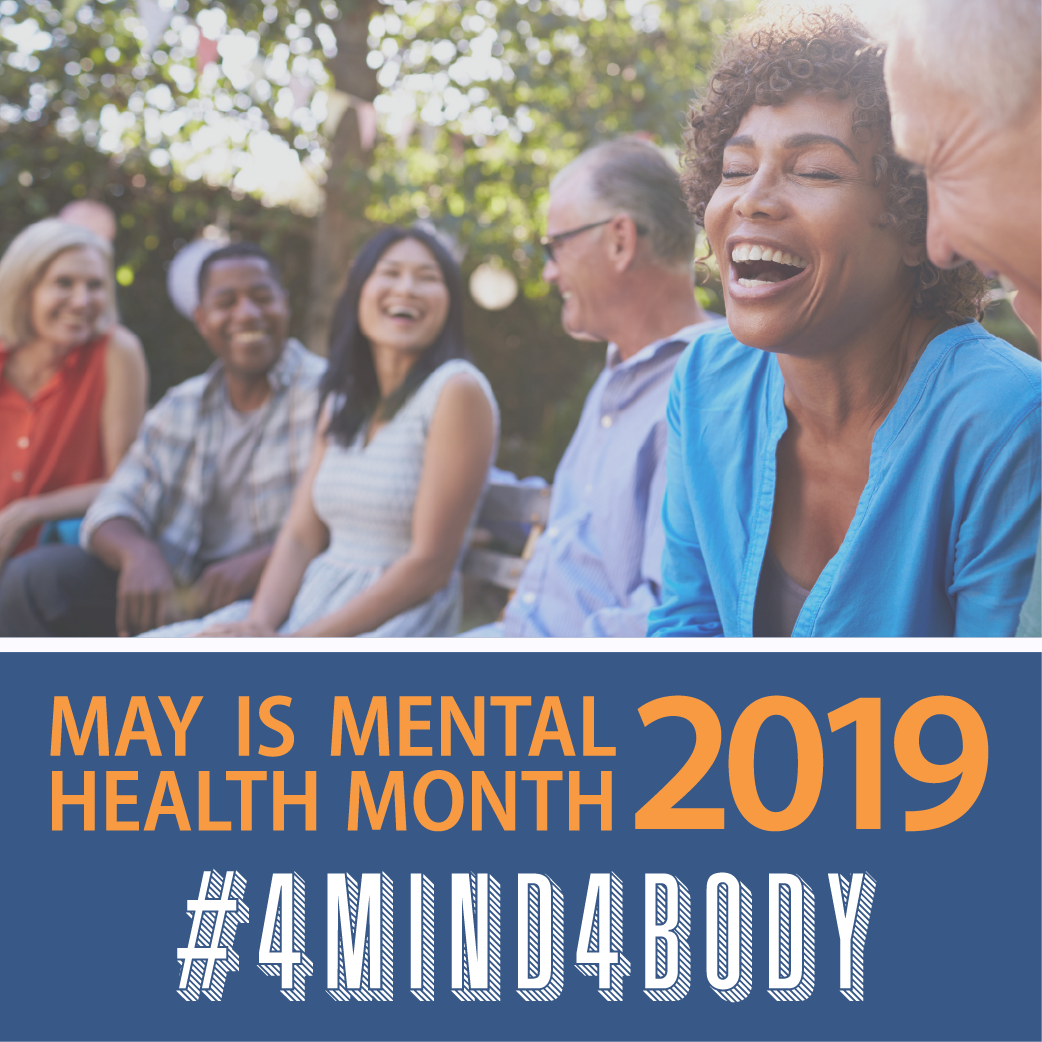
When the COVID-19 pandemic hit, everything changed – how we work, if we work, how our kids attend school, how we shop, where we can go, and what we can do. And it all happened almost instantly. No time to plan and little choice in the matter. We all gave up our old lives and we all gave up control.
That’s a big-time recipe for STRESS.
And so here we all are, living life in new ways. Perhaps wishing things could be the way they were. Right now, we can’t go back to the way we lived but we can get back to how we felt. We can take back some control of our lives; we can find happiness, connection and relaxation.
And that is not just good for you – it’s good for your family, your friends and your community.
Here are some tips for feeling back in control:
Plan your time
- Keeping to a regular schedule helps keep days more predictable and calm, especially for children.
- Take regular breaks during the day. If you're working from home, take advantage of things you might not be able to do in an office, like taking a dance break with your children or walking your dog around the block.
- Try not to schedule too many Zoom meetings in a day - they often take more energy to process than talking in person or on the phone.
- Are you a "morning" or "evening" person? As much as possible, plan projects and meetings that require focused thinking during the time of day when you feel most alert.
Relax - let your mind refresh
- Unplug from social media and email. Even just being able to see your phone has been shown to distract some of your attention. Keep it out of sight when you need to focus or relax.
- Plan a regular time during the week that's just for fun activities. If you feel too busy, find time that's just for yourself. If you've been feeling isolated, schedule time to connect with others, either at out a safe distance, online or on the phone.
- Close your eyes and pay attention to your breathing. Take 6 slow deep breaths in and out. Check in with how you feel. Click here for more examples of calming breathing: www.healthline.com/health/anxiety/anxiety-breathing#breathing-exercises
Share your feelings
- Stay connected – reach out regularly to friends or family. Even a 5-minute check-in can make a difference.
- Let people know you appreciate them – at home, when out shopping, when you see someone doing something kind.
- Still feel like too much? Try calling the new free CalHOPE Warm Line at (833) 317-HOPE (4673) for emotional support. calhope.dhcs.ca.gov
Learn more – see Coping during Coronavirus >


